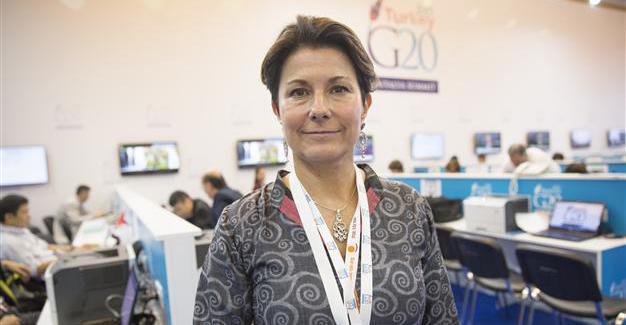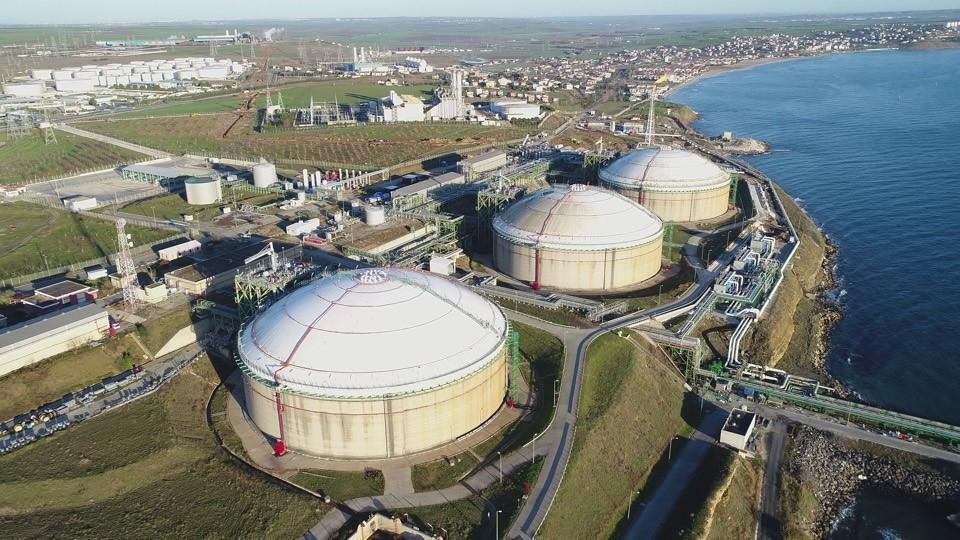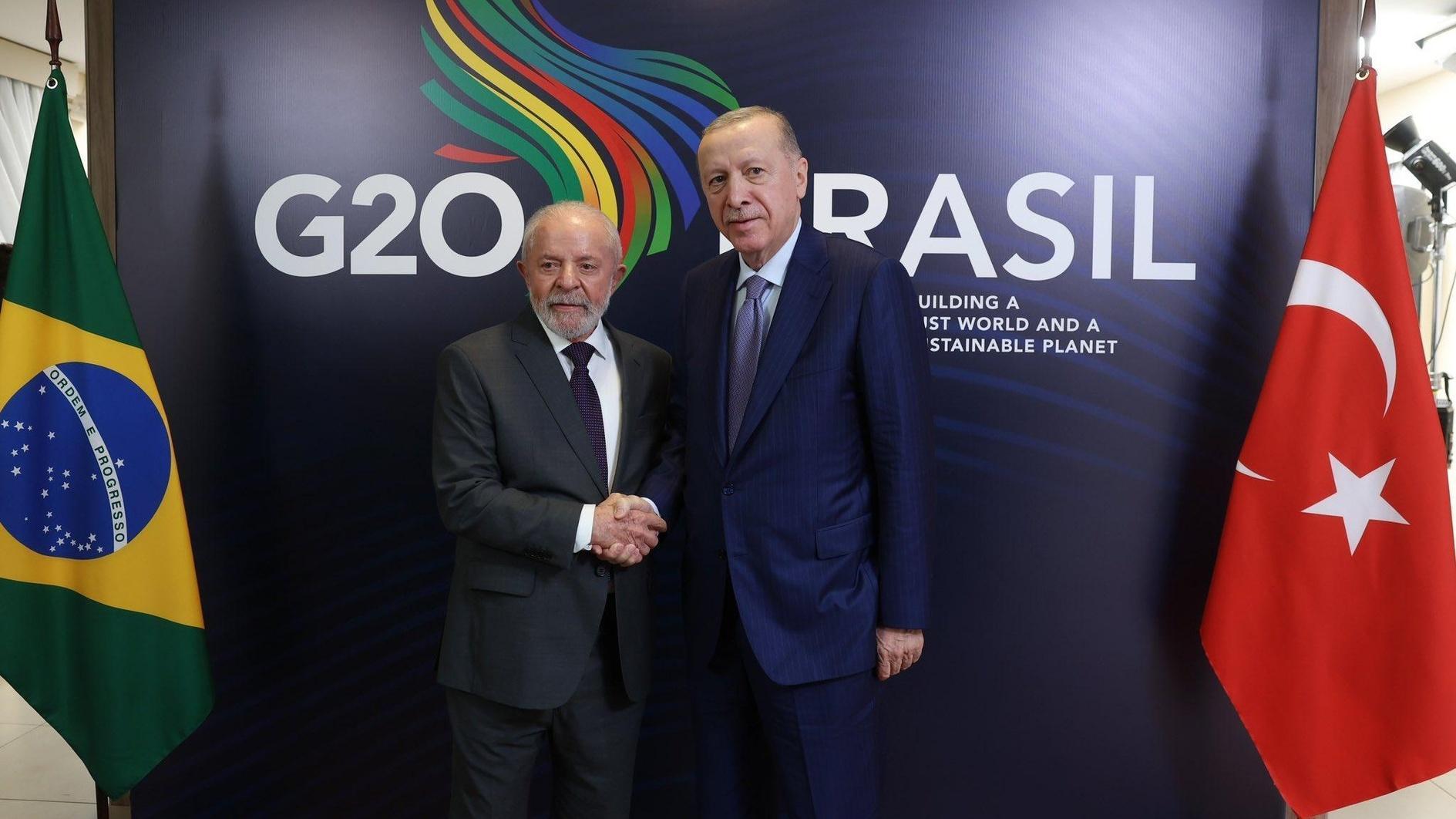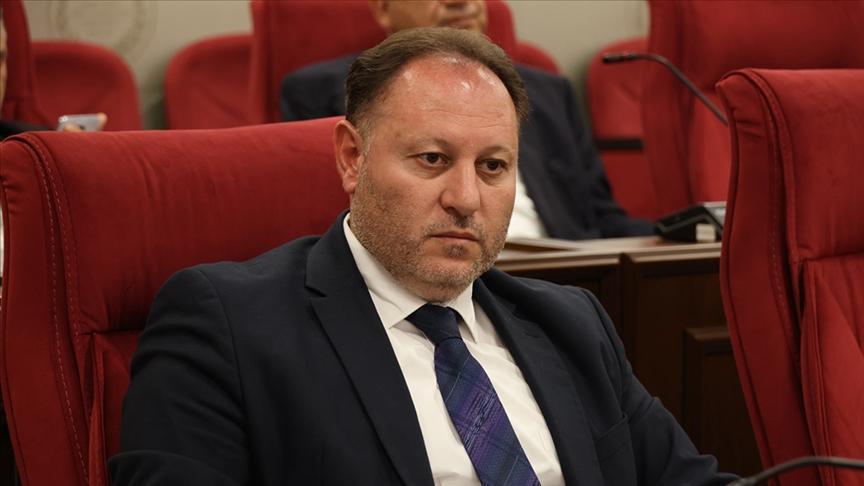No binding agreement expected at climate summit: WWF
Öykü Altuntaş – Doğan News Agency

Samantha Smith, the head of the WWF Climate and Energy Initiative. DHA Photo
Agreements on the table signaling commitments by countries, regional governments and companies are promising for the prospect of tackling carbon emissions and energy transition, but a binding agreement is not likely to emerge from the COP21 Climate Summit in Paris, according to Samantha Smith, the head of the WWF Climate and Energy Initiative.Amid intense talks, announcements from companies, financial institutions and cities have raised hope for cuts in the use of coal and the control of gas and oil emissions, Smith told Doğan News Agency. For example, a joint effort of CDP, WRI, WWF and the U.N. Global Compact have led to an agreement signed up by 114 companies - including Coca Cola, Dell, Procter & Gamble and Sony - showing commitment to set science-based emission reduction targets. In addition, producers of 20 percent of the world’s oil and gas have expressed an ambition to reduce greenhouse gas intensity, in line with the goal of limiting global warming to 2 degrees Celsius overall.
However, Smith says that this is not enough.
“We assume that governments are going to implement the national commitment to cut emissions, but the bigger issue is whether the agreements are going to be legally binding,” she said, questioning whether the commitments being made are even enough.
"The Kyoto Treaty in 1997 was a binding agreement, applied to developed countries but not to developing countries. What we are going to get in Paris is an agreement mostly not binding, but that is going to apply one way or another to all countries,” Smith said.
She added that despite global efforts, the political will is not there to get an agreement in significant areas.
“What countries are able to agree is influenced by geopolitics and disagreements in other issues, even if the sides are mostly aware that climate change will have a major impacts on all of us and the cost of adapting to these impacts is going to be significant,” Smith stressed.
However, she also emphasized that Paris would not be the “last moment” of this struggle and was still an important summit.
The COP21 meetings follow last month’s G-20 Summit in Antalya, where G-20 leaders disappointed climate campaigners with a weak statement.
“Countries have been considering climate change as threat to national and global security, food system and access to water, leading to more and more people having to leave where they live,” Smith said.
She added that the most pressing concern was now to get emissions down and to help countries adapt to the impact of climate change with measures, while also committing to financially assisting developing countries.
















